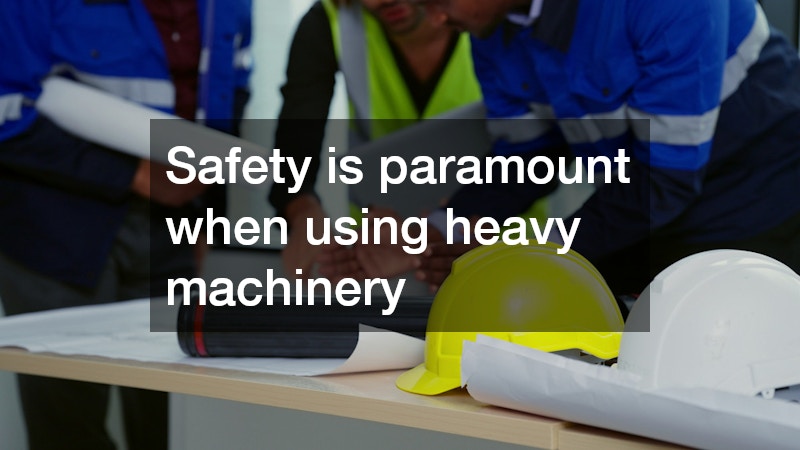When planning a new construction project, one crucial question often arises: will you need a crane? The decision depends on several important factors, ranging from the physical constraints of your construction site to the specific demands of your build. Recognizing these elements early on can help you avoid costly delays and keep your project running smoothly. From tight urban locations to sprawling open sites, site accessibility plays a major role in whether a crane is a practical option or if alternative lifting methods should be considered.
Beyond the site itself, the type and scale of your construction project are key determinants. Large-scale builds like high-rises or industrial facilities almost always require heavy lifting power, while smaller residential projects might get by with simpler equipment. Cranes represent a significant investment, but they can offer substantial time and labor savings. Carefully weighing these factors and consulting with industry professionals will help you decide if incorporating a crane into your construction plan is the ideal move for your project’s success.
Construction Site Accessibility
When considering whether your new build will need a crane, one key factor to consider is the accessibility of the construction site. If your site is located in a tight urban area with limited space for equipment to maneuver, it may not be feasible. On the other hand, if your site is in a more open area with plenty of space for a crane to operate, it could significantly speed up the construction process.
Additionally, you will need to consider the proximity of neighboring buildings and structures to your construction site. If there are buildings close by that could be impacted by the use of a crane, you may need to explore alternative construction methods. It’s important to consult with a professional operator to assess the feasibility of using one on your site.
You’ll also need to consider any potential obstacles such as overhead power lines, trees, or other structures that could impede a crane’s operation. Safety is paramount when using heavy machinery, so it’s important to thoroughly assess the site before deciding whether or not to use it.
Type of Construction Project
The type of construction project you’re undertaking will also play a significant role in determining whether or not you’ll need a crane. For large-scale projects such as high-rise buildings, bridges, or industrial plants, using an industrial lift is often a necessity. These types of projects require heavy lifting and precision placement of materials that can only be accomplished with the use of a crane.
On the other hand, smaller-scale projects such as residential homes or low-rise buildings may not necessarily require one. In these cases, alternative methods such as forklifts or hoists may be sufficient for lifting and placing materials. It’s important to consider your project’s specific requirements and consult with a construction specialist to determine the most suitable lifting equipment.
The complexity and scale of your construction project will determine whether or not a crane is needed. If your project involves heavy materials, significant heights, or tight deadlines, it might be worthwhile to assure efficiency and safety on the job site.
Budget Considerations
One key consideration when deciding whether or not to use a crane for your new build is the budget. They can be a significant expense, so it’s important to weigh the cost against the potential benefits. In some cases, the time and labor savings may justify the investment.
However, if budget constraints are a concern, alternative lifting solutions may be more cost-effective. For example, renting for short-term use may be a more affordable option than purchasing one outright. It’s important to carefully evaluate your budget and project requirements to determine the most cost-effective lifting solution.
It’s worth considering the long-term benefits of using cranes: they can improve efficiency, safety, and productivity on the job site, ultimately leading to cost savings in the long run. By factoring in the potential returns on investment, you can make an informed decision about whether or not to include one in your construction budget.
Whether your new build will require a crane depends on various factors, including construction site accessibility, the type of construction project, and budget considerations. Assessing these factors carefully and consulting with construction professionals can help you determine the most suitable lifting solution for your project.

